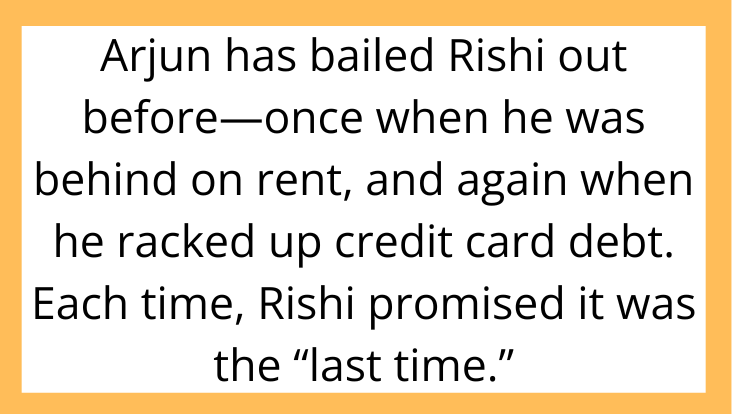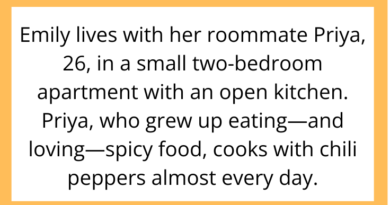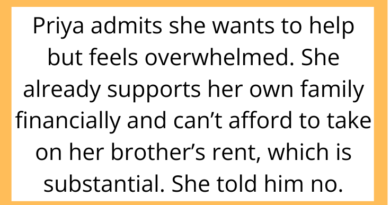AITAH for Refusing to Help My Brother Financially After He Gambled Away His Rent Money?
Families are supposed to stick together, right? But what happens when helping out feels more like enabling than supporting? Today’s AITAH-inspired scenario dives deep into the emotional and ethical dilemma of family, finances, and boundaries—when saying “no” might just make you the villain in everyone else’s eyes.
The Story: A Brother in Trouble

Our poster—let’s call him Arjun—is a 34-year-old software engineer who’s been financially stable for years. His younger brother, Rishi, 28, has had a rockier path. Rishi works sporadically, lives paycheck to paycheck, and has a known gambling problem.
Arjun has bailed Rishi out before—once when he was behind on rent, and again when he racked up credit card debt. Each time, Rishi promised it was the “last time.”
This month, Rishi called in a panic. He’d lost nearly all his rent money gambling online. He begged Arjun for help, saying he’d be evicted if he couldn’t come up with the money within the week.
But this time, Arjun said no.
Drawing the Line: Arjun Puts His Foot Down

Arjun explained calmly that he couldn’t keep cleaning up Rishi’s messes. He’d offered to help Rishi find a financial advisor, and even suggested therapy or support groups for gambling addiction. But he wasn’t going to give him money again—especially not for a problem of his own making.
Rishi called him heartless.
Their parents chimed in, saying Arjun was being cruel. “He’s your brother,” their mother said. “You have more than enough. Why let him suffer like this?”
Now the family’s upset, Rishi’s being evicted, and Arjun is wondering: Am I the villain for not helping my brother when he needed me most?
The Dilemma: Enabling vs. Supporting

Why Arjun Might Be Justified
Many Redditors immediately sided with Arjun. Enabling someone with an addiction doesn’t help them—it just delays the consequences. Arjun has tried being supportive in the past. But continuing to give money without accountability could make the situation worse, not better.
As one user wrote, “You’re not cutting him off out of spite—you’re trying to force him to face reality.”
There’s also the principle of financial boundaries. Just because someone is in a better financial position doesn’t mean they’re obligated to fund another adult’s poor decisions.
Why the Family Feels He’s Wrong
From the family’s perspective, this is about compassion. Yes, Rishi made bad choices—but eviction is a harsh consequence. Isn’t family about being there for each other, no matter what?
Some Redditors pointed out that addiction is a disease, and treating Rishi like he’s simply irresponsible ignores the deeper problem. “You wouldn’t turn your back if he had cancer,” one commenter noted.
What Makes This So Difficult?
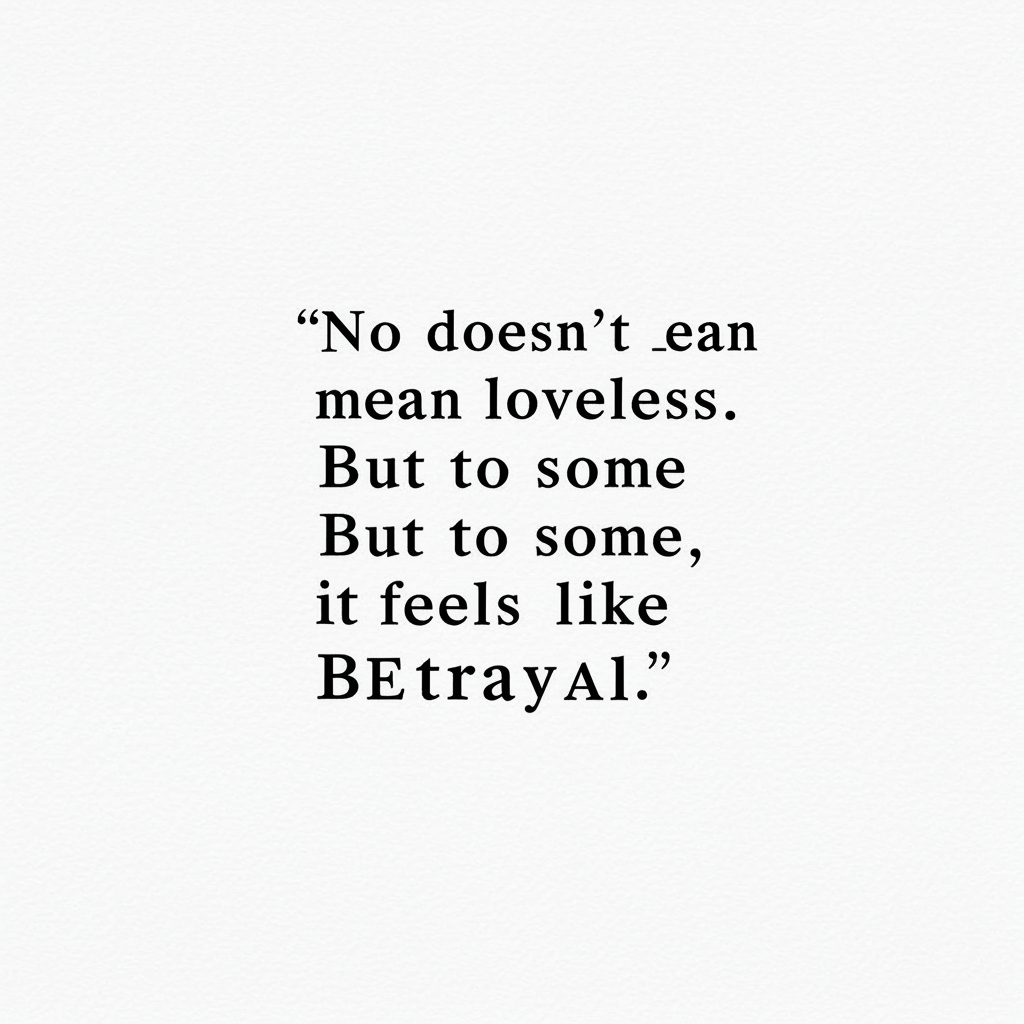
This scenario touches on several uncomfortable truths:
-
Saying no doesn’t mean you don’t care.
In fact, sometimes it’s the most loving choice. -
Not everyone sees boundaries as love.
Families often equate financial help with emotional support. -
Addiction changes the rules.
When someone’s actions are driven by compulsion rather than logic, setting limits can feel like abandonment—even when it’s not.
Where Do You Draw the Line?
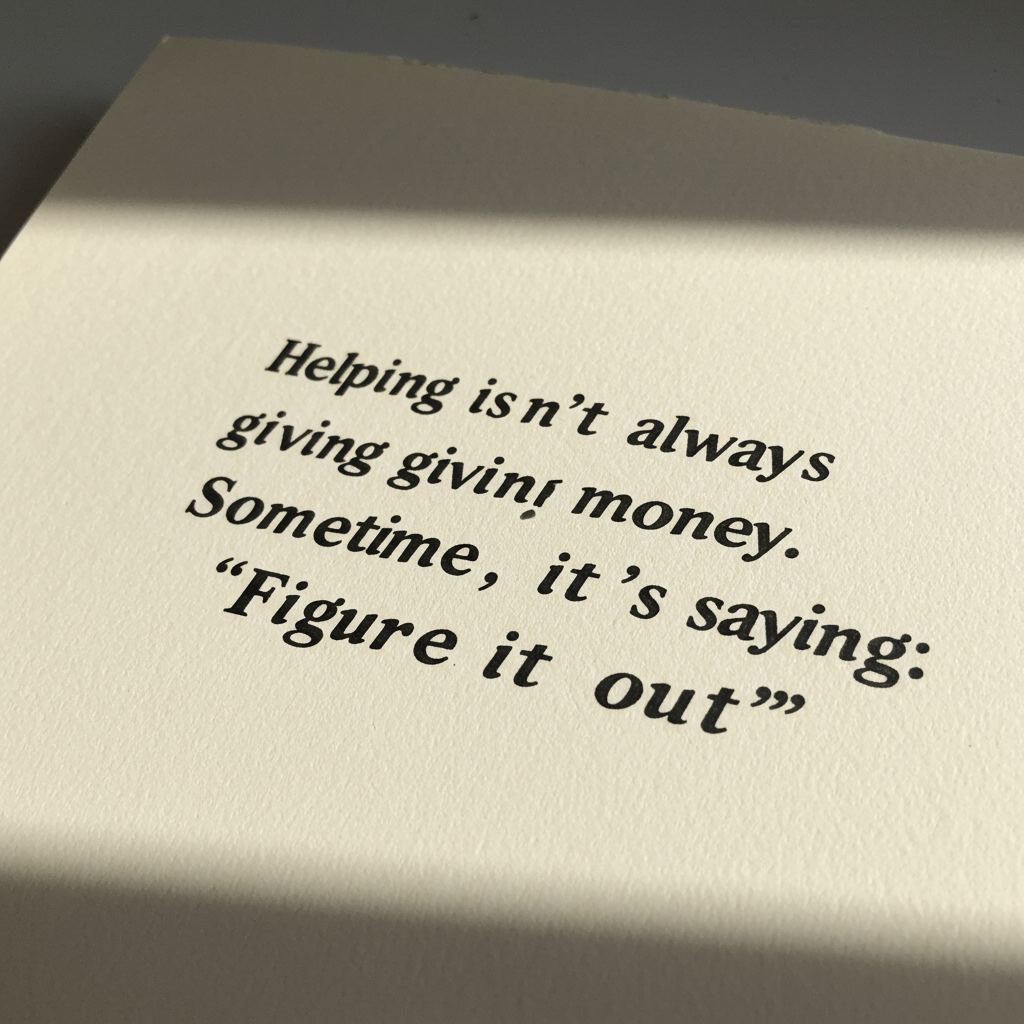
When Helping Turns Harmful
Arjun has every right to protect his own financial stability. Giving Rishi money might feel like help in the short term, but if it prevents him from hitting rock bottom or seeking real help, it could do long-term damage.
Experts agree: enabling behaviors keep people trapped in destructive cycles. Breaking that cycle often means letting them face the consequences.
Setting Boundaries Without Breaking the Bond
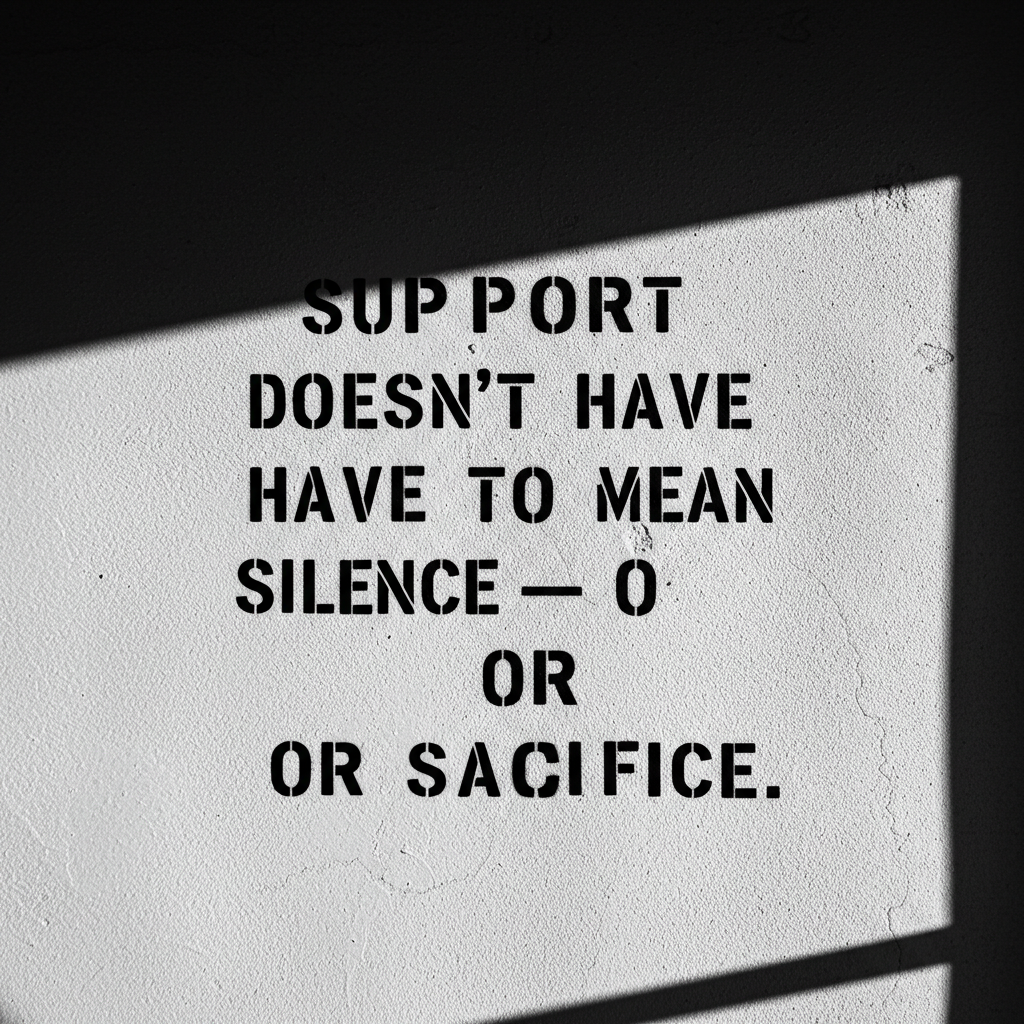
Could Arjun have done more? Possibly. He could offer:
-
To help Rishi find temporary shelter.
-
To pay a utility bill instead of handing over cash.
-
To support him emotionally while he seeks professional help.
Boundaries don’t have to mean total rejection—but they do mean refusing to be a financial safety net.
Final Verdict: Not the Villain
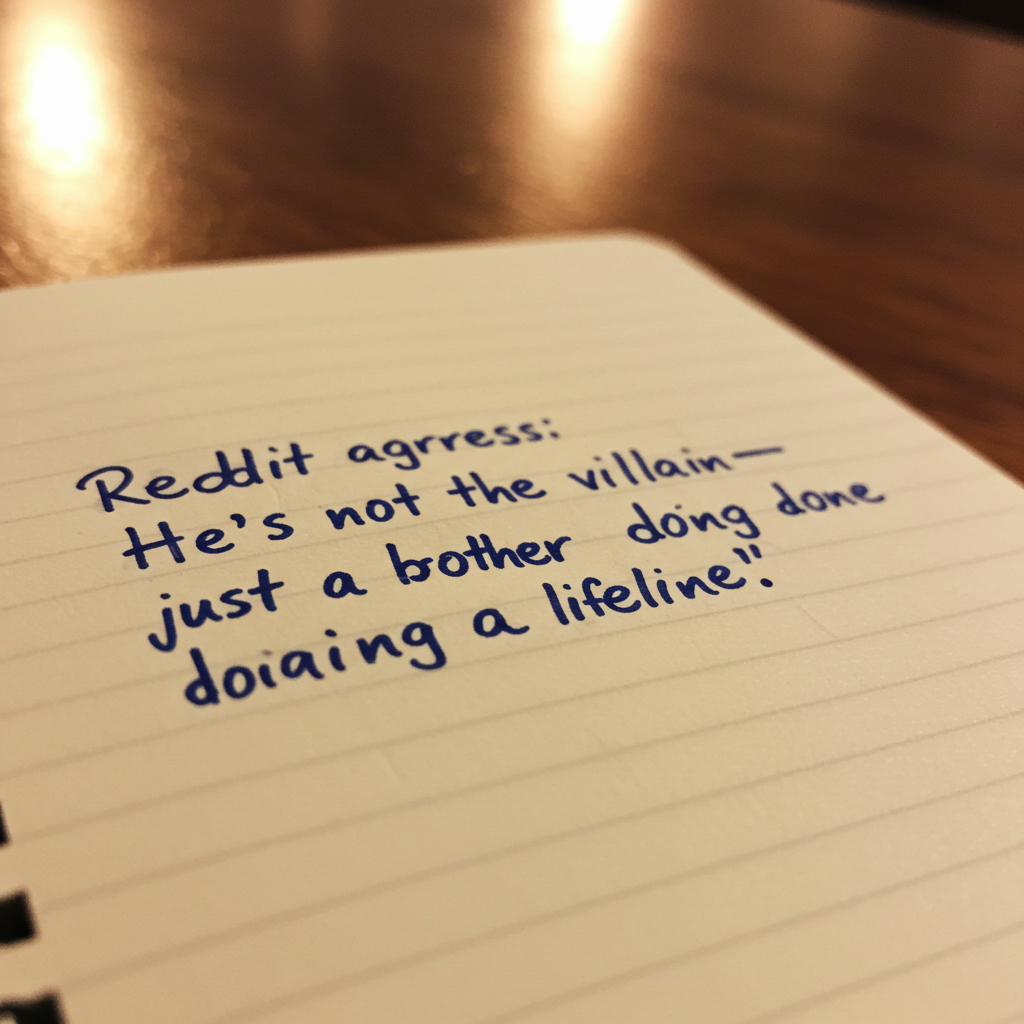
Most responses to Arjun’s post said the same thing: You’re not the villain—you’re a brother trying to stop being a crutch.
Helping isn’t always about saying “yes.” Sometimes, the bravest thing you can do for someone you love is to let them feel the weight of their choices.
But that doesn’t make the guilt disappear. Family dynamics are messy, and there’s no clean way to protect your peace without hurting someone’s feelings.
